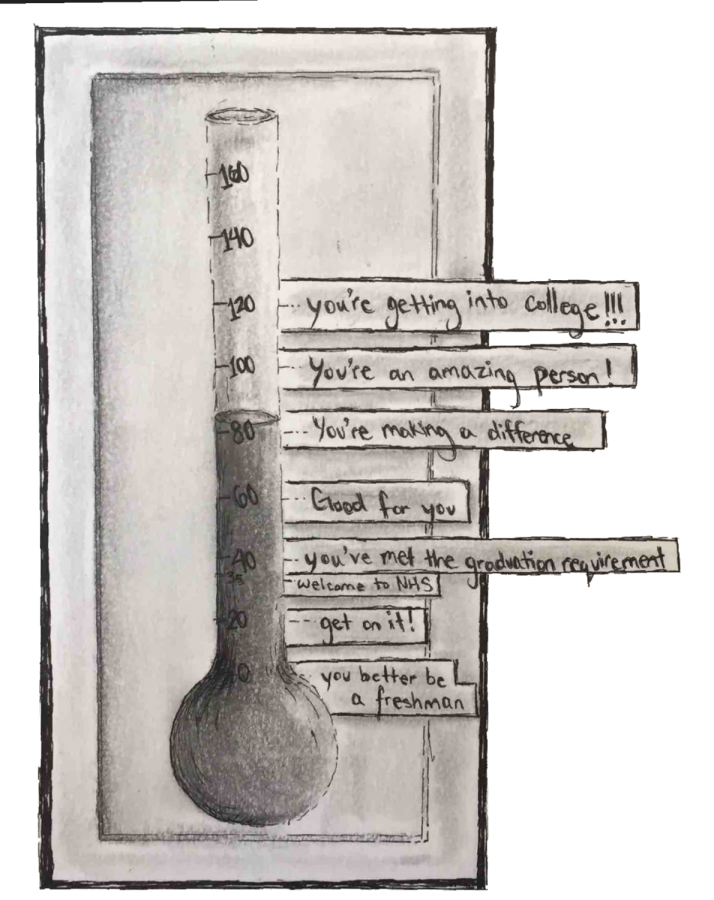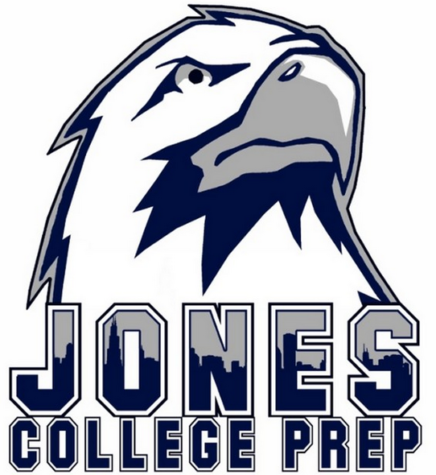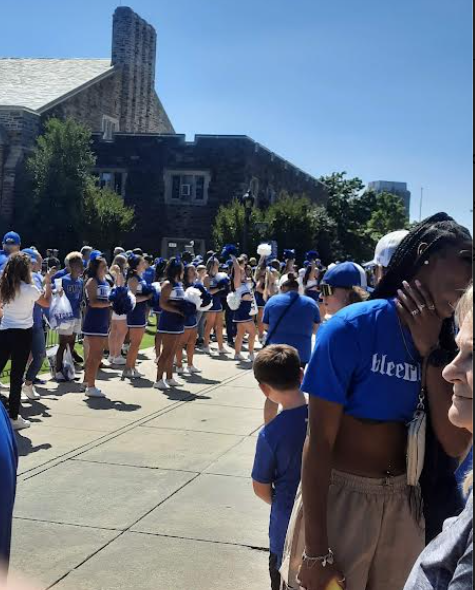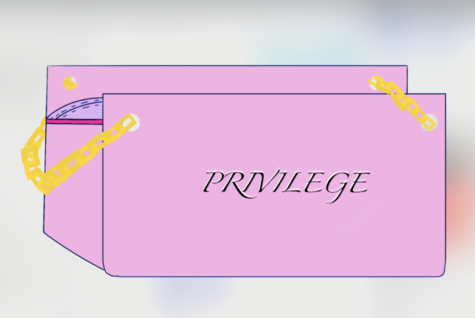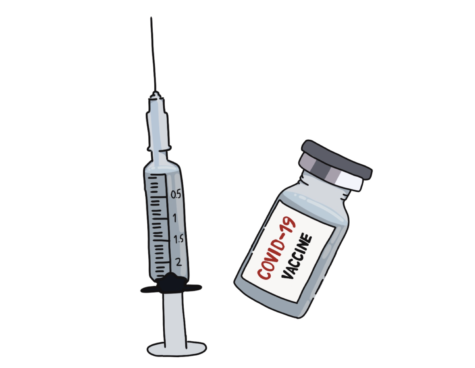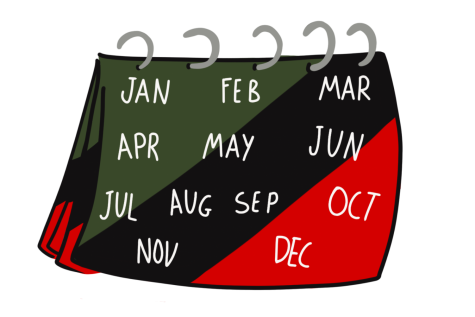OUR VIEW: No ‘I’ in volunteer
Jones students always feel the need to be at the top. Not only do we compete on grades, the number of extracurriculars in which we are involved in, and ACT scores, but we take it to the next level when we compete on who “can do the most good.” While we all profess to be passionately involved in whatever the cause may be, that often seems to not be the case.
The thing is, there is a lack of passion for abnegation within our school culture. Most people only turn in their service hours to secure their membership in National Honors Society for the month or to add just another number to their transcript. While there are always exceptions to the rule, we need to consider whether our intentions are genuine when we volunteer our time with different organizations. Volunteering, by definition, is giving up your time to better the world and expecting nothing in return. Yet, somehow, getting our supervisor’s signature to validate the hours served has become a prerequisite to our doing anything for another human being. If service hour requirements were removed and applications no longer asked about your “meaningful contribution to your community,” would Key Club still have the highest membership of any club in the school? Probably not.
As socially conscious as Jones students claim to be, we lack the compassion to do something for the good of others without reward. Why would I take the time to shovel snow off the sidewalk of an elderly neighbor when I have to work on my college applications? Why would I help a peer struggling to understand the APUSH homework when I have so much of my own homework to do? Jones students are too concerned with their own outcomes, workload, extracurricular schedule, and interests to take time out of their day to commit basic acts of kindness.
Of course, there are examples of students who are truly invested in the betterment of our community, but we are few and far between. It isn’t fair for the students who are genuinely trying to make a difference in the world when we’re compared to others who are just trying to make a difference on their resumes.
That doesn’t even touch on the issues with the “default” system of service learning: the school-organized projects. Starting freshman year, we all participate in mandatory projects through either Social Science, Math, Science, or English. Looking back at the projects of the past few years, who was really helped? Honestly, who benefitted from the math-themed board game you made? Whose life was improved by the Instagram page you made to “raise awareness” about animal testing in the beauty industry? There has never been a more blatant example of hashtag activism.
While the service learning projects have the good intent of introducing students to the concept of volunteering, it just seems to be another way of handing out service hours for doing work that doesn’t actually benefit the world around us. We need to examine, at least as a starting point, how these projects are executed so they at least promote more thought and action than your average homework assignment. While shifting the service graduation requirements to English and Civics for the Classes of 2020 and 2021 makes somewhat more sense than making math-themed board games, these projects need to extend out of the classroom and into reality. Perhaps taking a class field trip to the Chicago Food Depository or volunteering with the ACLU or another organization that relates to current, topical events would bridge the gap.
In the end, the number of service hours on your transcript attempts to calculate something that can’t be measured. As hard as we try, “good” cannot (and should not) be quantified.
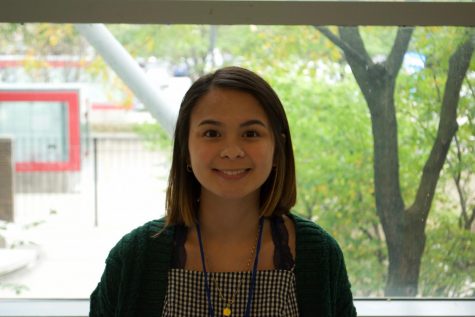
HOBBIES: Drawing
FAVORITE MOVIE: Spy
FAVORITE CLASS: AP Psych
IN TEN YEARS: I will be a wedding photographer
ONE WORD TO DESCRIBE ME: Determined

